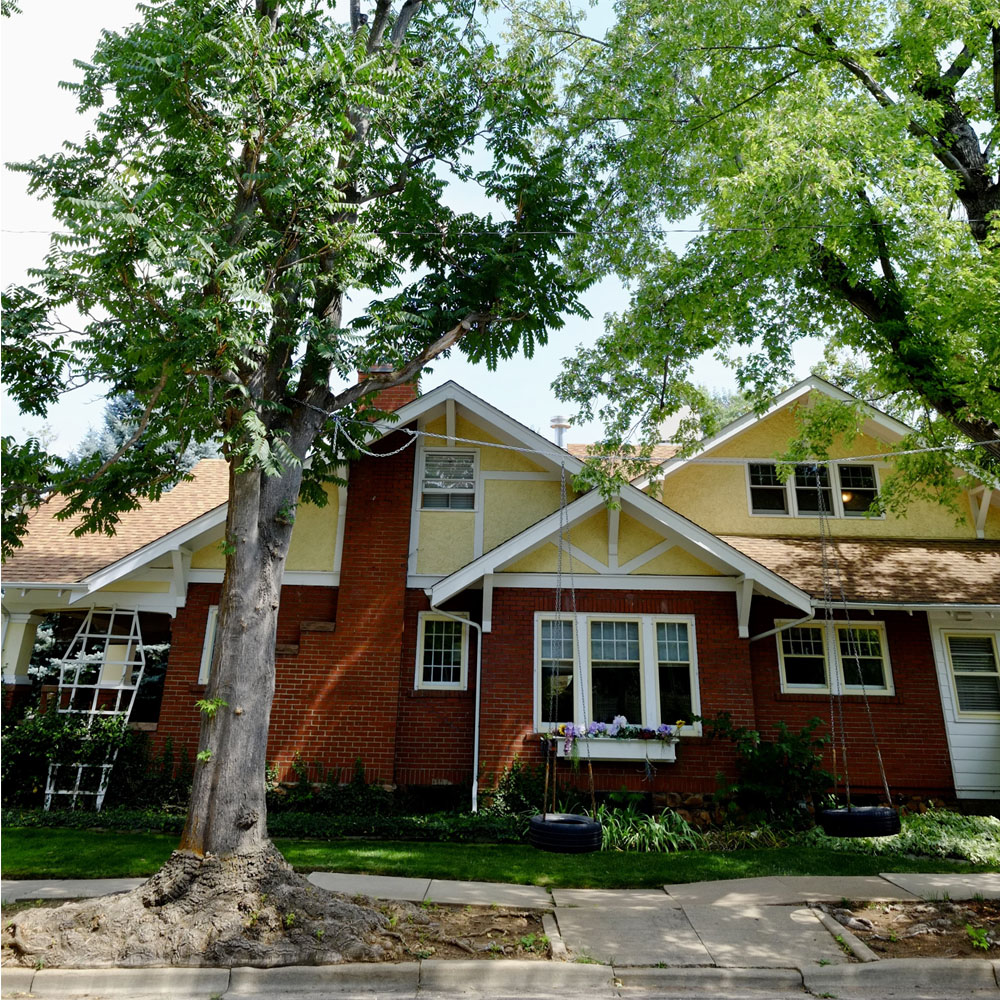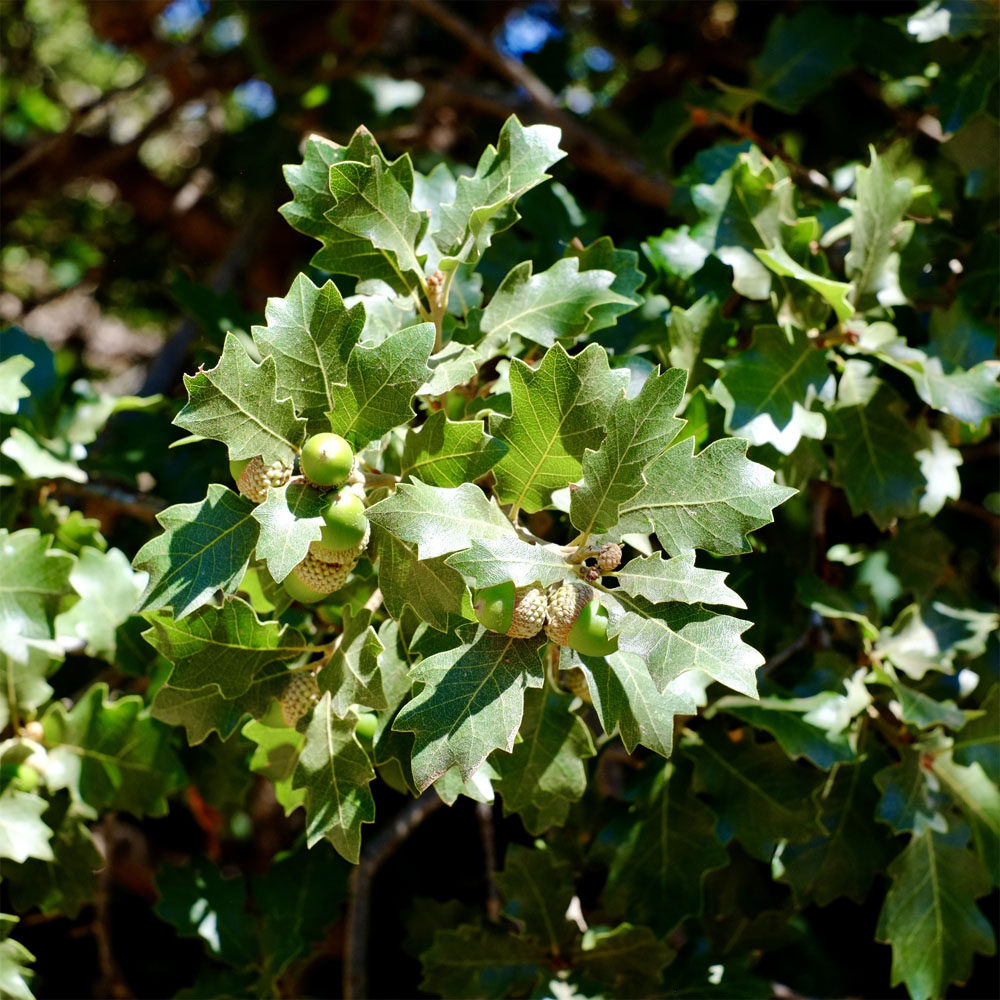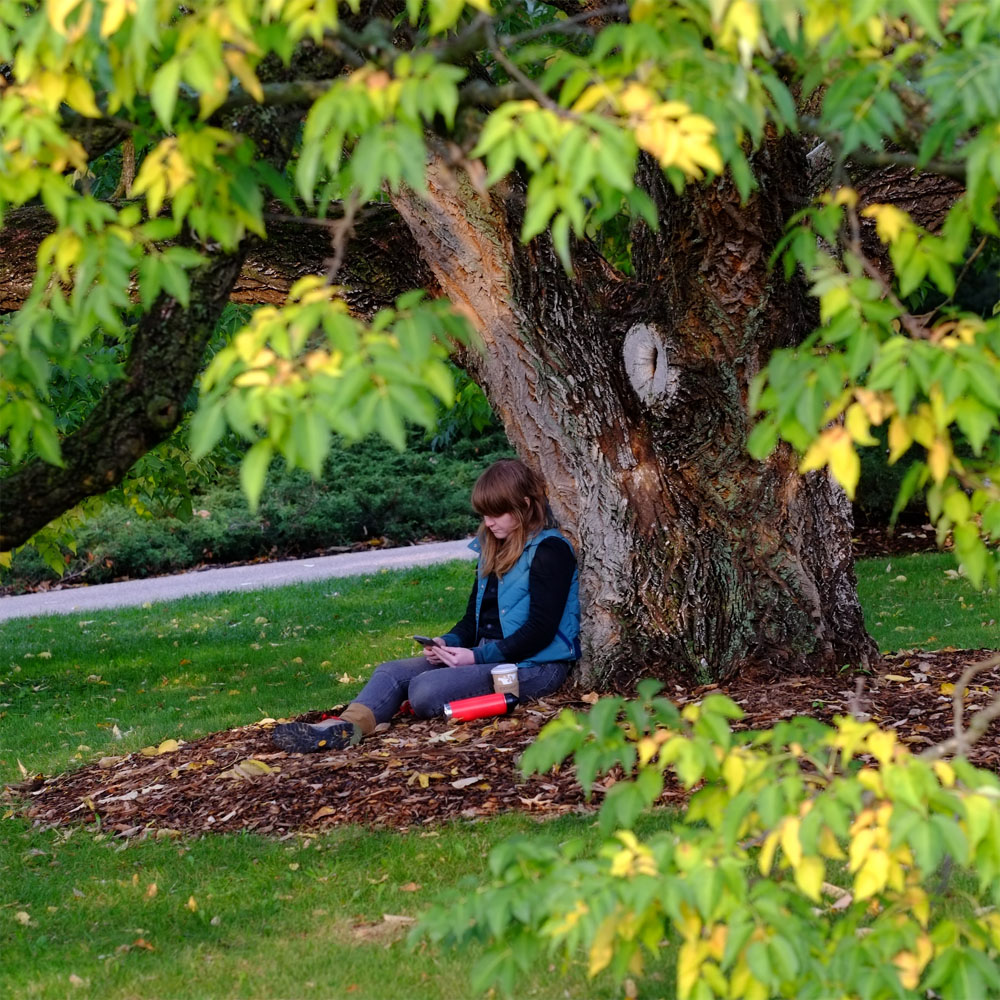


A panoramic gathering for urban and community forestry
Join us for a one-day conference exploring complex and shared sustainability challenges for urban forests in the Western US from diverse perspectives. Connect with your colleagues, learn from experts, and share your insights!
Save the date
Wednesday, May 13, 2026
9:00 a.m. - 4 p.m.
CSU Spur, Denver
Event Overview
Throughout history, trees have been used to make life more comfortable for people living in towns and cities, and we are still discovering all the ways trees improve people’s lives today.
In the Western US, trees and forests do not naturally thrive in most areas, and the canopy shading most communities instead shows people’s deep and longstanding affinity for trees. But communities in the West also face unique challenges for growing trees, including limited water and volatile weather, and many are concerned about the future of urban forests amid climate shifts and other concerning trends.
At Trees in the West, we explore ways to sustain trees and communities by learning widely from many different people and sources of knowledge. Residents, practitioners, policymakers, scientists, and others take part in conversations about important issues for urban and community forests in a region with exceptional natural and cultural heritages.
2026 Focus: Community Engagement
Each year, we will explore a prominent theme in urban forestry. This year’s sessions will explore community engagement in urban forestry. Regardless of your role, we hope you will join us to learn and contribute your ideas.
Continuing education credits available for ISA credential holders
Certified Arborist (5.25), Municipal Specialist (5.25),
BCMA - Science (2), BCMA - Management (3.25)
Sponsors
For information about sponsorship opportunities, please contact Jonathan Martin.